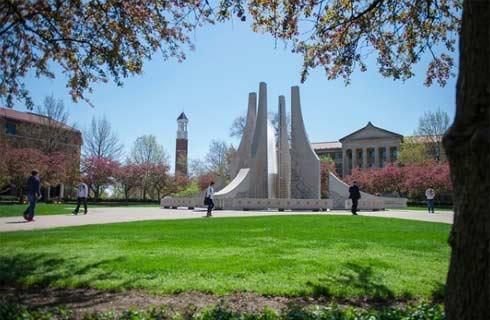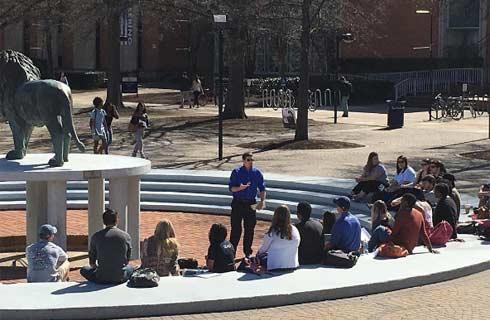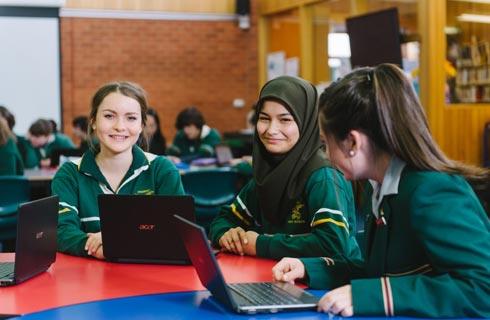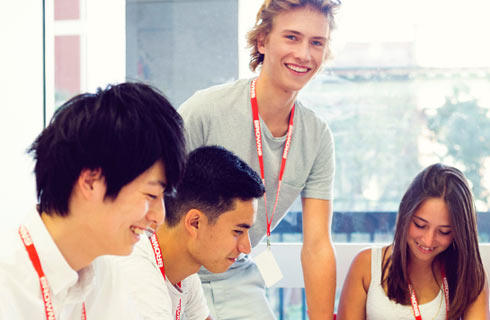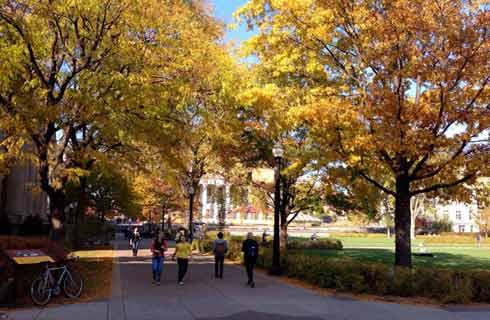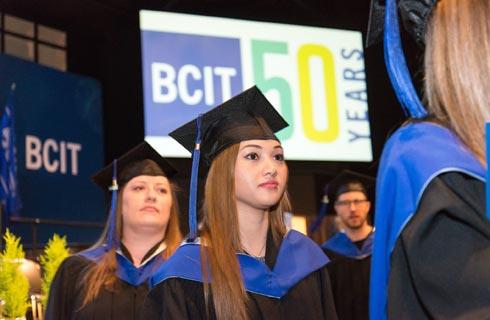国际学生入学条件
Most entering students have completed an undergraduate program in physics, including such courses as analytical mechanics, electricity and magnetism, optics and wave motion, electronics, and atomic physics; some advanced undergraduate laboratory work in physics is also expected. Knowledge of linear algebra, differential equations, and vector calculus is essential. Additional study in mathematics is desirable. The quality of undergraduate work and promise for graduate work are weighted more heavily than the extent of undergraduate study in physics and related subjects. Some entering students enroll in one or more undergraduate courses to make up deficiencies.
Minimum IBT TOEFL scores required for consideration are: OVERALL 78
Writing: 20
Listening: 15
Reading: 20
Speaking: 23
The Graduate School requires an overall band score of a 7.0 or higher on the IELTS.The Physics Department requires a minimum speaking subscore of 7.0.
three recommendations
GRE scores are optional for all applicants and will only be used when they help raise the overall ranking of the application. Although optional, submission of the general and/or subject GRE scores is recommended for applicants interested in the specific research sub-fields of Theoretical Condensed Matter Physics and Theoretical Elementary Particle Physics.
展开
IDP—雅思考试联合主办方

雅思考试总分
7.0
了解更多
- 雅思总分:7
- 托福网考总分:78
- 托福笔试总分:160
- 其他语言考试:NA
CRICOS代码:
申请截止日期:请 与IDP联系 以获取详细信息。
课程简介
Cornell has long been a leader in theoretical astrophysics-the modeling of phenomena in our solar system, galaxy, distant galaxies and the early universe. In 1967, the late Professor Hans Bethe was awarded the Nobel Prize for his explanation of how stars shine by converting hydrogen to helium. Today, Cornell astrophysicists explore a wide variety of phenomena through theory, analysis and the development of new experimental/observational techniques, including: neutron stars, black holes, gravitational waves, dark matter, dark energy, the cosmic microwave background and inflation in the early universe.<br>The study of astrophysical phenomena can involve several areas of theoretical physics, including atomic physics, nuclear physics, condensed-matter and plasma physics, superfluidity, general relativity, quantum-field theory and string theory. In addition to the physics faculty listed above, Liam McAllister, Maxim Perelstein and Henry Tye pursue research at the interface of cosmology and elementary particle physics. It is easy for theoretical astrophysics students to work in more than one research area, or with more than one professor in both the physics department and the astronomy department.
展开















